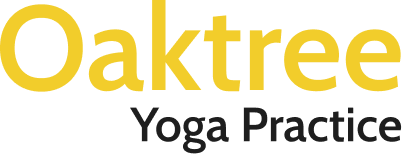When I first heard the term minimalism, it sounded like a performative lifestyle choice made by people who had loads of money and cared for the earth, too, so they made a massive compromise to own fewer things. Only the few things they owned were worth more than Bhutan’s GDP. If you are hearing Bhutan for the first time, check out Bhutan – Wikipedia. Later, through my research, i.e., Google search, I discovered that it was a term coined during the modern American art movement in the 1960s, characterized by extreme simplicity of form and a literal, objective approach.
In 2018, I watched “The Minimalist” documentary on Netflix (The Minimalists); I learned the idea behind Minimalism is Freedom. It sounded like a no-brainer. Who wouldn’t want freedom? I was surprised to learn no one. It is not that people don’t want freedom; of course, they want it, but they have no idea that they are tricked into the illusion of freedom and are not experiencing the true essence of freedom. We have been conditioned to believe freedom is having a never-ending inflow of money to do what we want (“what we think, we want”) at a whim. It feels like we all forgot to grow up since we were teenagers, right? Prolonged negative relationships with money and resources in childhood can affect us in our adulthood. So, it is no surprise that many fear losing everything or running short of money in old age.
Everything that was said in the documentary made sense. I don’t buy things out of whim. I am pretty organized, and to stay organized, I knew I couldn’t have too many things lying around. I had my pitfalls, too; I held on to things for a very long period, including my dress shoes or a few throw pillows and blankets, which were 15 years old. Also, I was in the habit of saving things with no immediate purpose, like to-go boxes, mason jars, etc. I was not worried about this habit; it is not that I spent a mindless number of resources on such accumulation, and I used them well. Yet I understand that getting rid of these occasionally is necessary; it can help me free up space. Minimalism is as much about letting go as it is about conscious spending.
There is no said limit to how much stuff one can own. We all place some value on things we own. Our busy lifestyle, coupled with the marketing gimmicks, can turn into bad judgment. The kitchen equipment we bought to save time can be sitting around occupying space after we realized it was too much of a hassle. It has happened to me quite multiple times. Whether saving time or money, I had to remind myself that the point is to keep my life simple so that I can spend my resources doing exciting things that will help me grow.
I re-watched “The Minimalist” on Netflix a couple of weeks ago. Letting go of one item daily struck me, and I had to try it. I requested my friends and relatives to join me. We are on a two-week letting cycle of things that don’t add value to our lives. I can’t believe it is a lot easier this way. I did not have to overthink; it was just one item a day, so how hard could it be? I was surprised I had not run out of things to let go. I might do another cycle of letting go again in the near future and even make it a ritual once a year for 21 days.
